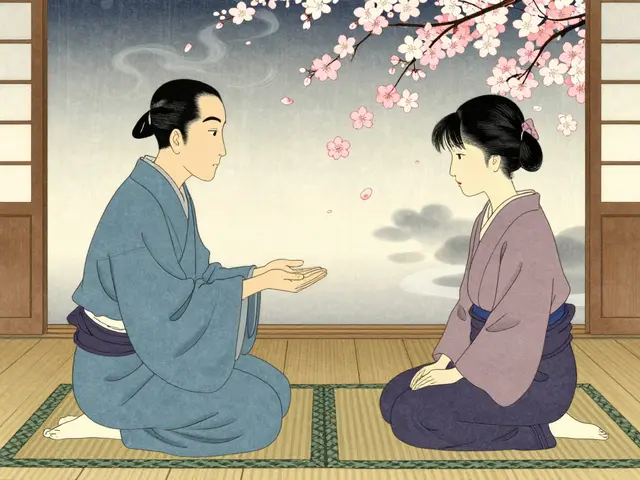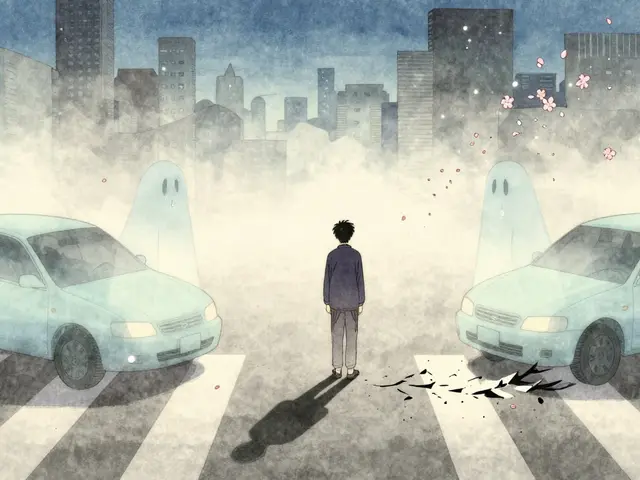Zdraví a psychika: Jak udržet rovnováhu, když bojujete se závislostí
When you're recovering from alcohol dependence, zdraví a psychika, celkový stav těla a mysli, který ovlivňuje vaši schopnost odolávat závislosti. Also known as duševní a fyzické pohoda, it is not just about stopping drinking—it’s about rebuilding your life from the inside out. Many think sobriety is just about willpower, but the truth is, your brain and body have been rewired by alcohol. Healing them takes more than just avoiding a drink—it needs daily care, emotional support, and the right tools.
psychoterapie závislostí, specifický přístup, který pomáhá lidem pochopit kořeny závislosti a naučit se nové způsoby vyrovnávání se s emocemi. It’s not therapy for everyone—it’s therapy for people who’ve tried to quit alone and failed. A good therapist doesn’t judge your past. They help you see patterns: how stress triggers cravings, how loneliness leads to relapse, how old wounds still whisper in your ear when you’re tired. And when you combine this with podpora AA, volitelná, nekomerční skupinová podpora, kde lidé sdílejí zkušenosti a drží se navzájem., you get something powerful: accountability, belonging, and proof that you’re not alone.
Craving isn’t just a strong urge—it’s a physical reaction in your brain. Your body remembers alcohol like a habit it can’t let go of. That’s why abstinence, plné přestání užívání alkoholu, které vyžaduje trvalou změnu chování a myšlení. can’t be forced. It has to be built slowly, with small wins: a day without drinking, a conversation you didn’t avoid, a night you slept through without panic. And when you slip? It’s not failure. It’s data. What triggered it? Who did you talk to? What did you do instead? These are the questions that matter.
Most people don’t realize how much your environment shapes your recovery. Your sleep, your food, your daily movement—these aren’t side notes. They’re part of your treatment. Skipping meals spikes anxiety. Staying up late makes cravings louder. Sitting still for hours lets your mind spiral. Simple habits—walking 20 minutes a day, drinking water first thing in the morning, writing down three things you’re grateful for—these are the invisible pillars holding up your sobriety.
You don’t need to fix everything at once. You just need to show up. For yourself. For the people who care. For the version of you that still believes things can get better. The posts below give you real, no-fluff advice: how to pick a therapist who actually understands addiction, how to handle a craving without running, how family members can help without enabling, and why AA meetings work even when you’re skeptical. These aren’t theories. They’re stories from people who’ve been where you are—and made it through.
Jak vybrat psychoterapeuta v ČR, když nevíte, kdo je opravdový odborník? Praktický návod, co hledat v profilu, jak se chovat na prvním sezení a proč je důležité zkusit dva terapeuty.
Zobrazit detaily

